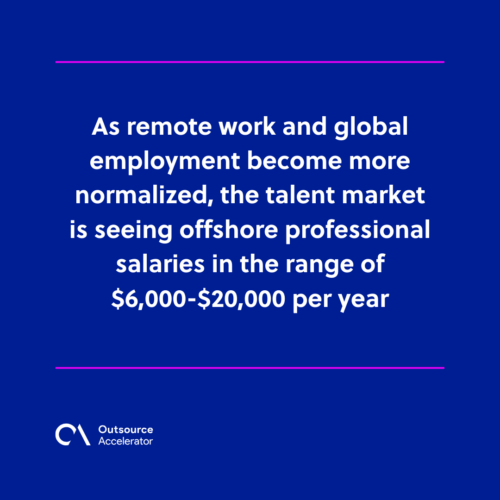Great Resignation or Great Regret?
The Great Resignation has quickly turned to the Great Regret. Suddenly the trend for people to shun their jobs, follow their dreams, and optimize their lifestyle has been tempered by a dose of reality.
The reality is that people need to work. They need to work because they need to pay the bills. If they don’t work, they can’t pay the bills, and then life is not much fun.
As reality hits home, people are met with soaring inflation, record gas prices, and a weakening economy. They realize that it’s hard to escape the gravitational force of basic economic fundamentals regardless of their manifestations.
While COVID has generally been hard on the economy, many people have received stimulus payments and support, which has eased the emphasis on earning money. But now that that has all stopped, they are once again dependent on their own ability to generate income.
Work has never been fun. That’s why it’s called ‘work,’ and not ’fun’ or ‘hobby .’And that is why people get paid to go to work. The payment is compensation for the work that is rendered. That’s the deal with work. You do work for somebody, and you get paid in return. Ultimately, the employer usually has the slight upper hand because they generate the opportunities and pay for the engagement.

While it is absolutely essential that employees are treated well, are safe, are paid a fair wage, and are in no way coerced, bullied, or abused. Work must be a win-win for all parties involved. But work will always be work. It isn’t necessary that work is fun, enlightening, or not hard work.
During the Great Resignation, people left their jobs in droves, heading for greener pastures and pursuing lifestyle enlightenment. In a big global game of musical chairs, everyone got up from their jobs, danced around a bit, and expected to land a better job with 10x the pay and 10x better conditions.
But then the music stopped. The economy tightened, inflation rose, and things got tougher. People landed new jobs that weren’t necessarily any better and didn’t necessarily pay anymore
The market has spoken
This is the market forces showing its teeth, and the pendulum swinging the other way. Supply and demand prevails.
In a frothy market, prices can get out of control, and people can take liberties. In a tightening market, the true value is revealed.
The Great Regret suggests that the job market seems to be readjusting back to a longer-term norm.
As remote work and global employment become more normalized, the talent market is seeing offshore professional salaries in the range of $6,000-$20,000 per year (see two great candidates below!). As these startlingly low offshore salaries start to become normal in the mainstream market, this will have further downward pressure on the expected salary ranges.
If nothing else, global employment offers a valuable Plan B for the employment market.

The question for your business:
Has your business ben forced to adjust to the pressures caused by the Great Resignation? Were you able to find a Plan B?

 Independent
Independent





















